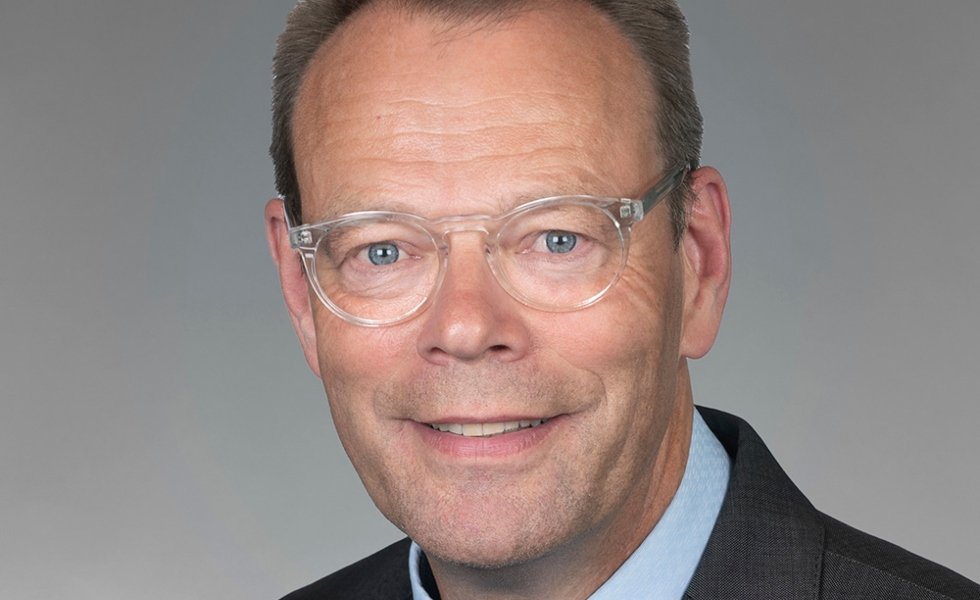Dick Kamp: Risk management and reactivity
Dick Kamp: Risk management and reactivity

This column was originally written in Dutch. This is an English translation.
By Dick Kamp, Director of Pension, Investment & Risk at Milliman Pension
People generally tend to act reactively. They ignore high-impact events when action is required and only intervene when it is too late. Let me illustrate this with a few recent examples.
Example 1 concerns measures to combat climate change. We, humanity, have been aware of the increase in the earth's temperature for some time. We know the causes and also how the problem should be solved. Only now that it appears to be too late are we starting to take action, albeit very slowly. Denial of the problem is still rife.
Example 2 concerns intervention in the agricultural sector. We have been on a collision course with nature and with ‘Europe’ for quite some time. Here too, we know what we need to do. But we keep postponing intervention. Denial of the problem is still going on.
Example 3 concerns Europe's response to Russia's aggression, Donald Trump's re-election and China's emergence as a world power. These were all predictable developments. Individual (European) countries may not be able to do much about this, but Europe as a partnership certainly can. Here too, the response is very late and perhaps still insufficiently coordinated. This example is certainly not intended to make a political statement, but rather to illustrate the lack of a proactive policy.
Similar examples are Nokia missing out on the development of the smartphone, Intel missing out on the rise of AI, and so on.
We also have a (very old) proverb for this: to close the stable door once the horse has bolted. In short, it is an age-old phenomenon. We have a mechanism that implicitly accepts the risks we see, but at the moment when it is actually too late, decides to act anyway, or in risk terms: tries to mitigate. Because on closer inspection, the risk lies beyond our own previously determined, explicit or otherwise, risk appetite. The result is that the response is either too late or at least too expensive and therefore less effective.
The question is what kind of risks we are actually talking about. Is it independent of the nature of the risk? The developing reality is one of the possible scenarios. It may be impossible to prepare for all possible scenarios. Perhaps that is the answer. I call it the frog in boiling water syndrome. How can we deal with this?
The role of a leader is to lead. And to lead is to work towards a goal. Scenarios are drawn up to determine the goal and the path towards it. These scenarios can then be used to prepare for. If a (completely) different scenario unfolds than previously conceived, things will go awry. And if the leadership does not realise this, the same thing will happen as with a frog in a pot of boiling water.
You may be familiar with the story: put a frog in a pan of cold water and then heat the pan. Due to its cold-bloodedness, the frog realises too late that it is being cooked. If the frog were to stand outside the pan and see what was happening, it would realise that the water was boiling.
Something in the psyche of the leaders (or the management) prevents them from observing and/or acting.
So far, this article has not been about pension funds. After all, what have pension funds done to minimise risk?
Pension funds have extensive risk registers for all the major risks imaginable. For all these risks, the risk attitude and risk appetite have been determined, scenarios have been examined and the effectiveness of control measures has been established.
It is good for pension funds to also reflect on risks and associated scenarios at a ‘higher’ level, which are less crystallised and where control measures are less clear. And that is difficult. If you do not keep up, you run the risk of being like the frog in boiling water.
I will mention a few, by no means exhaustive:
- climate risks and the consequences for the investment portfolio;
- the behaviour of participants on the functioning of the new pension contract;
- the government expecting more investments from pension funds in the Dutch or European economy;
- pension administration (including investments) that is far too expensive.
There are many more that could be mentioned.
Dear board member, are you aware of developing risks, do you oversee the corresponding scenarios and do you check whether sufficient control measures are in place? Where can you act proactively? The answer is up to you.
This is the thirty-eighth column in a series on risk management. The series is designed to encourage readers to consider risk management as an integral part of running a pension fund.
